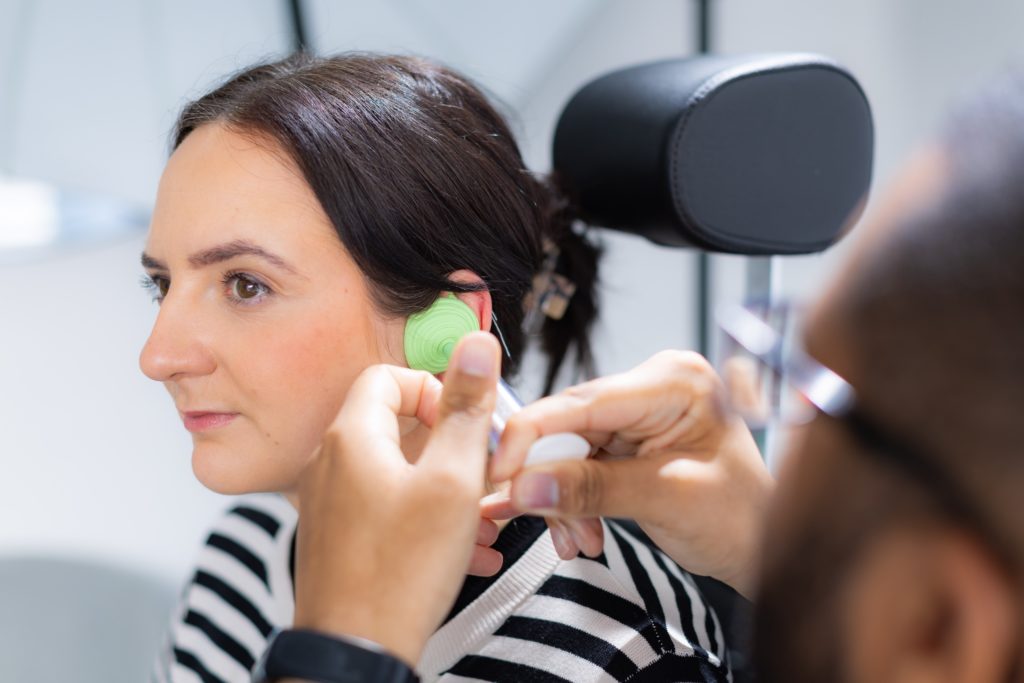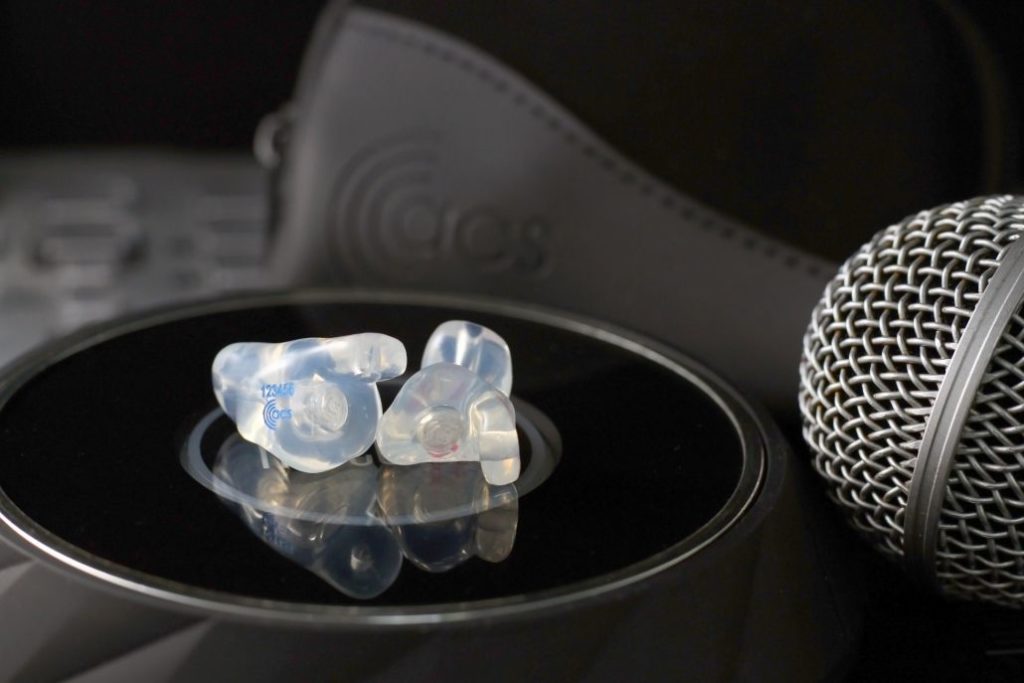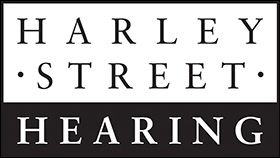Wearing ear protection at festivals & why it’s important
The sun is shining and festival season is just around the corner for UK music lovers! It’s an exciting time as we prepare to see some unforgettable performances but there’s an often-overlooked part of the festival prep: protecting our ears.
Loud music at festivals can cause both temporary and permanent hearing damage, regardless of how long you spend there. Thankfully, this is preventable and wearing proper ear protection is one of the most effective ways to keep your ears safe whilst still taking part in all the fun.
Whether you’re heading to Glastonbury, BST Hyde Park, or a local weekend festival, the risk to your hearing remains the same. This blog will highlight the importance of hearing protection and how you can keep your ears safe.
How loud is too loud? Understanding the risk
Sound levels at live music events are often much louder than you might think, even the ones outdoors. These types of events often exceed 100 decibels (dB), especially if you’re close to the speakers.
To put that in perspective, anything above 85 dB can start to damage your hearing after prolonged exposure.
In the UK, the recommended safe limit for noise exposure is 85 dB over an 8-hour period. However, because sound levels increase on a logarithmic scale, every 3 dB increase (which is a doubling of sound) halves the amount of time you can safely be in that space.
This means that at 88 dB, only 4 hours is considered safe, and at 91 dB, it drops to 2 hours. By the time you reach 100 dB – common at music festivals – your ears can begin to suffer damage in just 15 minutes.
At a typical festival:
- General crowd noise: 90–100 dB
- Main stage area: 100–110 dB
- Front row near speakers: 110–120 dB
Exposure even on one occasion to unsafe levels of sound without protection can cause noise-induced hearing loss (NIHL), a condition that is often permanent. This shows just how easy it is for this to happen at a one-off festival, it doesn’t have to be long-term exposure over months or years.

What happens to your hearing after loud noise exposure?
The tiny hair cells in our inner ear are responsible for translating sound waves into signals our brain can understand, and these are what can be damaged by loud noise exposure. Once these delicate hair cells are damaged, they don’t regenerate.
This isn’t meant to scaremonger and we’re not saying that when you attend a festival, you’ll lose your hearing. In fact, there are many different common symptoms of hearing damage after festivals which include:
- Ringing in the ears (tinnitus)
- Experiencing a sensation of ‘fullness’ in the ears
- Temporary or permanent muffled hearing
- Increased sensitivity to certain sounds
In some cases, these symptoms might disappear within a few days, but repeated exposure can lead to lasting harm.
Why it’s important to wear ear protection at festivals
For all the keen festivalgoers out there, don’t panic! You can still enjoy the full festival experience without putting your hearing at risk, if you use hearing protection.
Wearing hearing protection significantly reduces your exposure to harmful decibel levels while still allowing you to hear music clearly. Modern custom-fitted earplugs are designed to reduce sound evenly across frequencies so that music remains clear and vibrant, not muffled.
The benefits that come with wearing hearing protection can be life-changing and include:
- Preventing hearing loss and tinnitus
- Maintaining sound clarity (with high-fidelity filters)
- Reducing fatigue from prolonged noise exposure
- Helping you enjoy the festival for longer

Custom ear protection for festivalgoers
Not all hearing protection is created equally and while off-the-shelf options offer basic protection, custom earplugs offer far superior benefits.
As they are moulded exactly to the shape and size of your ear, they provide the perfect fit with no discomfort or risk of falling out.
Harley Street Hearing offers custom-moulded earplugs with balanced filtering, which ensures even levels of sound reduction so you can still hear music and speech clearly and naturally in a way that isn’t muffled as with other off-the-shelf earplugs.
We are also Musicians’ Hearing Services, providing hearing protection and advice for the UK entertainment industry.
Tips for protecting your hearing at festivals
Of course, using hearing protection at festivals is one of the most important things you can do to protect your ears, but it’s not the only thing you can do. Some additional steps you can take to keep your hearing safe include:
-
Don’t stand too close to the speakers
This may sound obvious, but it can make all the difference. The sound levels near speakers can be dangerously high so standing even a few metres further back can significantly reduce noise exposure.
-
Take breaks from the noise
There’s no shame in finding a quiet area to rest between performances and even the shortest break can give your ears (and your legs!) time to recover and reduce overall strain.
-
Stay hydrated
Dehydration can cause a whole host of health implications and safety risks, especially on a hot day, and it can also make your ears more susceptible to damage. Making a conscious effort to stay hydrated can support blood flow and ear health, so be sure to drink plenty of water throughout the event.
-
Watch for warning signs
Any signs of ringing, buzzing, or muffled hearing all signal that your ears have been overexposed. If these symptoms persist after the event, visit an audiologist for advice.
-
Wear custom ear protection
Of course, this had to be our final point. Whether you’re attending your first festival or you’re a seasoned festivalgoer, ear protection is a must-have.
Our expert audiologists can provide custom solutions that let you enjoy live music safely. To book an appointment for your custom ear mould fitting, get in touch with us.
Enjoy this article? You might be interested in some of our others:











